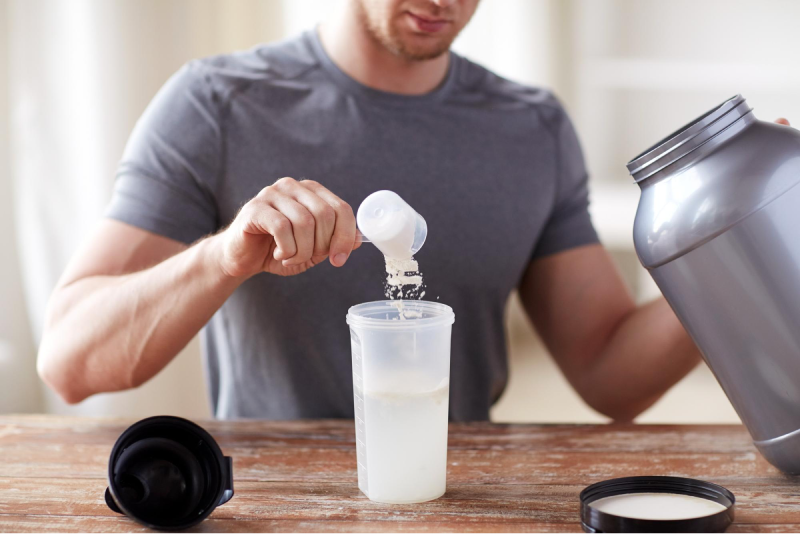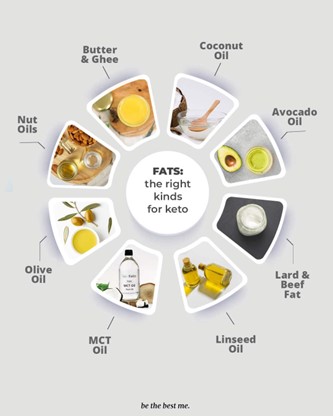Protein shakes, and other protein supplements, are ubiquitous. They’re sold at fitness centers, nutrition stores, grocery stores, pharmacies, and online. It’s common practice to down a protein shake at the gym, or at home following a workout. Protein supplements hold promise that they’ll optimize muscle-building, which ties in neatly with the premise that weight training breaks down muscle and protein is needed to build it back up.
But do protein supplements really build muscle?
Protein supplements contain a combination of high-quality proteins, carbohydrates, amino acids, and electrolytes, and most are in the form factor of powder intended to be mixed with milk or water. As stated above, the common idea is that more protein builds more muscle. However, according to a recent study by Science and Sports, too much protein can pack on the fat rather than the muscle.
The study’s researchers hypothesis is that the average gym member gets his or her advice about protein supplements from other gym members at the gym along with that found in magazines and blogs rather than getting advice from fitness professionals that more accurately take diet and fitness habits into account. Their theory is that yes, in controlled conditions, protein supplements may appear to be an effective way to build muscle, in real-life practice, protein supplement use is typically not controlled at all, in terms of their frequency of use, dosage, type of supplement, etc. In real life, these factors fluctuate extensively from user to user, which impacts their efficacy.
Essentially, self-prescribed protein shakes are not known to benefit gym-goers, or not.
It should be noted that the study only evaluated two groups of male gym regulars over the course of eight weeks. All of the men were in the same demographic (similar in age, body composition, and training and fitness experience). One of the groups finished each workout with a protein shake, whereas the other group didn’t supplement. Both groups trained three times a week following identical routines that were supervised by trainers.
At the end of eight weeks, the findings were somewhat surprising.
There was a discernible difference in body composition between the two groups. The first group (that took the protein supplements) demonstrated body mass gain as expected; however, further analysis of their body composition revealed that the gain was in body fat, not in muscle. The second group of participants, those that didn’t consume protein supplements, lost fat mass. The fat mass gain that the first group had is largely attributed to the quantity of supplements consumed, which was up to four times the dosage amount that is normally used in controlled studies. In previous studies, when the dosage of protein supplements were controlled, the opposite effect took place: an increase in muscle and a decrease in fat mass.
Bottom line: overconsumption of protein supplements may not yield expected results. It’s best to stay within dosage recommendations made by fitness professionals.




